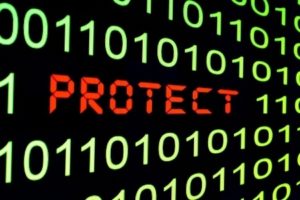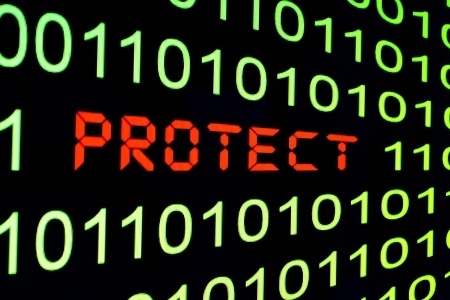 If you dream of building a software development company, it’s no exaggeration to say that without your software, and the legal ability to commercialize it, you have no business. Other than your people, your proprietary software is your most valuable asset and needs to be protected from competitors and secured from unintended internal uses that could undermine your company’s ability to profit from licensing. Over a series of posts, we’ll review the primary options you have to protect the intellectual property rights your company has worked so hard to develop in its software.
If you dream of building a software development company, it’s no exaggeration to say that without your software, and the legal ability to commercialize it, you have no business. Other than your people, your proprietary software is your most valuable asset and needs to be protected from competitors and secured from unintended internal uses that could undermine your company’s ability to profit from licensing. Over a series of posts, we’ll review the primary options you have to protect the intellectual property rights your company has worked so hard to develop in its software.
This post covers the most straightforward and frequently used legal mechanism to protect the intellectual property rights in software: Copyright protection. Done correctly, it’s an effective way to protect your software from unauthorized use, and effectively license it for maximum commercial gain with substantial certainty that if you discover infringing behavior you can effectively stamp it out with swift legal action.
What Elements of Your Software Can You Copyright?
A number of different elements make up a software product as a whole, but they tend to boil down to two types: Literal elements and non-literal elements. Literal elements include source code – the collection of computer instructions, written in a human-readable computer language – and object code – code produced by a compiler or assembler the computer reads. Non-literal elements include things like (1) modules, subroutines and macros; (2) module substructures; (3) control flow (i.e., the sequence in which modules perform their tasks); (4) files; (5) data flows; and (6) the user interface (i.e., internal code that enables users and computers to communicate with one another,).
Source code and object code lend themselves to copyright protection under federal copyright law because they are considered literary works under the law. This means that they can be fixed in a tangible medium of expression, such as print, a computer hard drive, or any other electronic, optical, or magnetic storage medium. The non-literal aspects of software code may also be copyrighted, but determining which of these elements are copyrightable requires a detailed legal analysis that you should undertake only with the assistance of an experienced copyright lawyer.
What are the Benefits of Copyright Protection Under the Copyright Act?
Copyright protection is unique in that it’s conferred the moment the code is written or recorded in a tangible medium of expression (i.e., saved to a hard drive). But merely having common law copyright protection does not necessarily ensure you will succeed on a claim of infringement (i.e, the unauthorized copying, distribution or use of the code) if you elect to file suit against a bad actor. Copyright protected material, however, that’s registered with the U.S. Copyright Office allows the copyright holder to recover damages provided under the copyright statutes for infringement, including attorney’s fees, when someone infringes upon their software copyrights.
Key copyright registration benefits:
- The work becomes a matter of public record, making it easy to find by people who would like to license it.
- Registration helps prove ownership, a requirement for a copyright infringement lawsuit.
- The author’s position in a legal claim is much stronger if registration is prior to the infringement or within three month of publication.
What is the Process of Registering Your Software with the U.S. Copyright Office?
In order to register your software copyright, you must submit an application with the U.S. Copyright Office, complete with a non-returnable copy of the code to be registered. In most instances, a portion of the code you submit with your application will become disclosed to the public. Fortunately, you are not required to submit a complete copy of your code, so you can preserve critical portions as a trade secret and still obtain copyright protection as well. You should consult with a qualified intellectual property lawyer who has experience with trade secrets and registering software with the U.S. Copyright Office if you have concerns about maintaining trade secret protection while obtaining copyright protection for your software code.
Consult With A Lawyer With Experience Protecting Software IP
You may find it difficult to “slow down” in the competitive environment in which you run your company and take the time to establish and follow good intellectual property protection practices. The legal and business risks of failing to do so, however, could be catastrophic if all of your hard work developing your software is infringed or even stolen because you’ve rushed to market without proper legal protections. Determining which elements of your software can be copyrighted can be difficult and take time, so it is best to consult with an attorney experienced in software IP protection.

